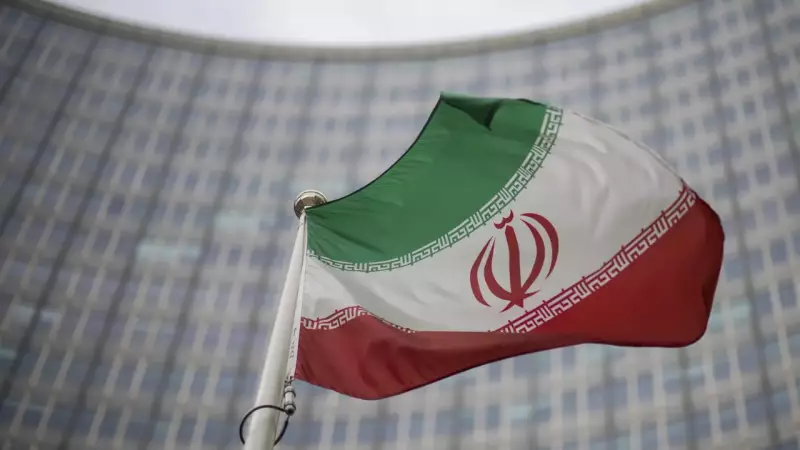
In a dramatic development that underscores the escalating tensions in the Middle East, Iran has executed a man convicted of working as a spy for Israel's intelligence agency Mossad. The execution was carried out after the accused was found guilty of "corruption on earth," a serious charge often used in espionage cases in the Islamic Republic.
The convicted individual was accused of gathering sensitive information and passing it to Israel's renowned intelligence service. Iranian authorities described the executed man as a "Mossad agent" who had compromised national security through his alleged espionage activities.
Serious Charges and Swift Justice
The case highlights Iran's zero-tolerance approach towards what it perceives as threats to national security. The "corruption on earth" charge is one of the most severe in Iran's legal system and typically carries the death penalty when national security is involved.
According to Iranian judicial authorities, the executed man was involved in:
- Collecting classified information
- Passing intelligence to Mossad operatives
- Compromising national security interests
- Engaging in activities that threatened state stability
Regional Tensions Amplified
This execution comes at a time of heightened tensions between Iran and Israel. The two nations have been engaged in a long-standing shadow war, with accusations of espionage and cyber attacks frequently exchanged between the regional rivals.
Security analysts suggest that such executions serve multiple purposes for Iranian authorities. They not only demonstrate the government's tough stance on security matters but also send a strong message to potential collaborators with foreign intelligence agencies.
The case has drawn international attention to Iran's judicial system and its approach to handling espionage cases. Human rights organizations have frequently criticized Iran's use of the death penalty, particularly in cases involving national security where transparency is often limited.
Broader Implications
This execution is likely to further strain the already tense relations between Iran and Israel. Both countries have repeatedly accused each other of engaging in covert operations and intelligence gathering activities across the Middle East.
Regional security experts warn that such incidents could potentially escalate into broader conflicts, especially given the current volatile situation in the region. The execution serves as a stark reminder of the high stakes involved in the intelligence war between the two Middle Eastern powers.
As the international community watches these developments unfold, the case raises important questions about espionage, justice, and the complex geopolitical dynamics that continue to shape the Middle East landscape.





